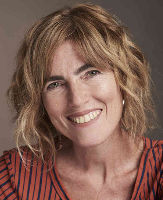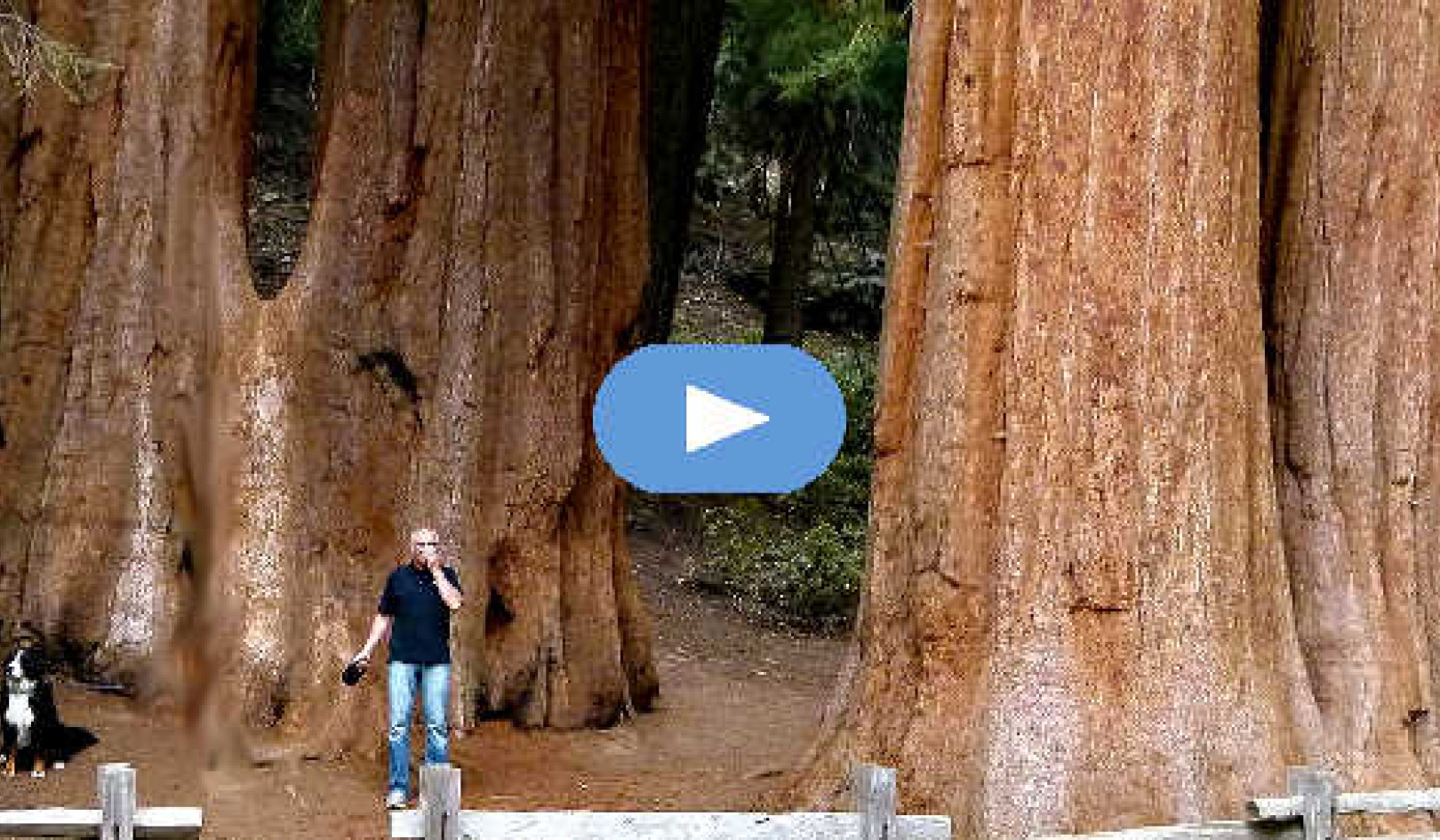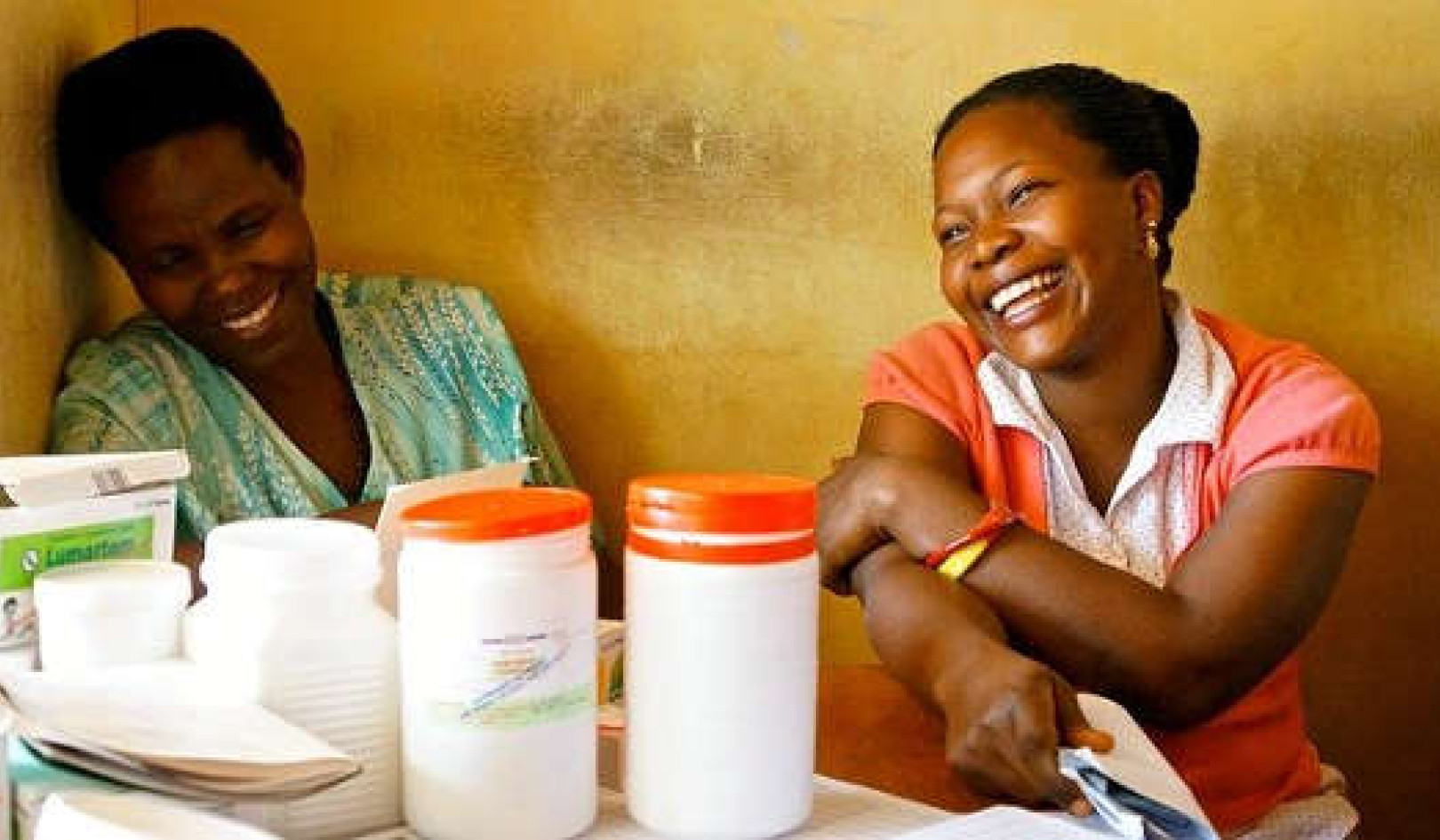Written and narrated by Fabiana Fondevila.
Tens of thousands of years ago the people of the Earth conceived the world as a place inhabited by spiritual intelligences: the spirits of nature, called, variously, fairies by the Celts, kontomble by the dagaras of West Africa, apus by the Incas; and tribal ancestors and ascended teachers. They communicated with these intelligences through a set of practices universally known as “shamanic.”
The name "shaman" seems to come from the term šamán in the Tungú language, spoken in Siberia. It means witch doctor, or literally “the one who knows.” There is, however, an alternative explanation that places the origin in a Sanskrit word for mendicant monks in India, ?ramana.
From the beginnings of human civilization, almost all the peoples of the Earth have used some variant of the practices that Romanian anthropologist Mircea Eliade baptized “techniques of ecstasy” to heal themselves, to communicate with spiritual forces and to ask their gods for help.
What is new today is that people who have grown up in industrialized urban cultures are now exploring these practices for themselves with the help of experienced guides. They seek to reconnect with ancestral forces; heal ailments that conventional medicine cannot treat; glimpse realities not perceptible with the senses; and confirm sensations and intuitions for which they cannot find an explanation.
Continue Reading at InnerSelf.com (plus audio/mp3 version of article)
Music By Caffeine Creek Band, Pixabay
About the Author
 Fabiana Fondevila is an author, storyteller, ritual maker, activist, and teacher from Buenos Aires, Argentina. Fabiana’s seminars weave together nature exploration, dreamwork, mythic consciousness, archetypal psychology, social work, and essential emotions such as awe, gratitude, and enchantment. For over a decade, she has led year-long courses (both online and face-to-face) which take students on a personal and communal adventure of growth and discovery, challenging themselves to come ever closer to being the change they wish to see in the world. Fabiana also leads an online campaign to highlight and combat exclusion and discrimination and, since the pandemic began, has given regular Sunday talks (in Spanish, via Zoom and social media) to share a message of hope, resilience and her embodied, earthy approach to spirituality.
Fabiana Fondevila is an author, storyteller, ritual maker, activist, and teacher from Buenos Aires, Argentina. Fabiana’s seminars weave together nature exploration, dreamwork, mythic consciousness, archetypal psychology, social work, and essential emotions such as awe, gratitude, and enchantment. For over a decade, she has led year-long courses (both online and face-to-face) which take students on a personal and communal adventure of growth and discovery, challenging themselves to come ever closer to being the change they wish to see in the world. Fabiana also leads an online campaign to highlight and combat exclusion and discrimination and, since the pandemic began, has given regular Sunday talks (in Spanish, via Zoom and social media) to share a message of hope, resilience and her embodied, earthy approach to spirituality.
She is the author of a dozen children’s books, a Young Adult novel which in 2017 won second prize in Sigmar’s Children’s and Young Adults’ Literary Award. In 2018, she published her first book for adults, “Donde vive el asombro”. The above article is excerpted from the English version, “Where Wonder Lives. Practices for Cultivating the Sacred in Your Daily Life”,
Visit her website at FabianaFondevila.com/english




























